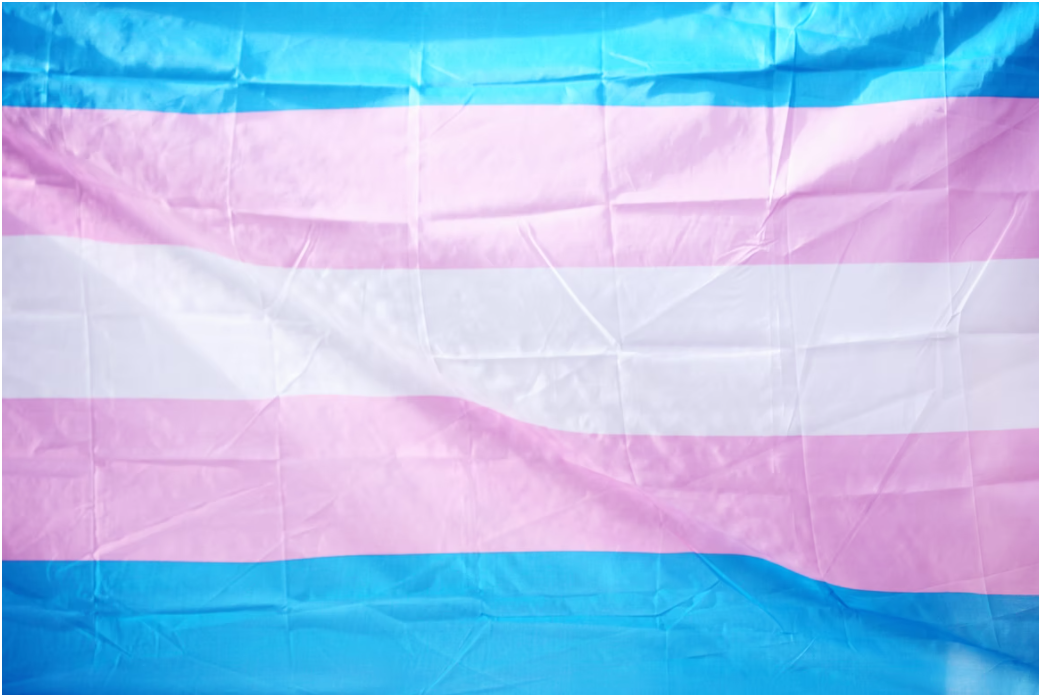A bill proposal by the Quebec provincial government has sparked concern from transgender and LGBTQ+ activists. Bill 2, a potential amendment to the Civil Code, promotes change in family law and, according to activists, is a direct infringement on the rights of transgender individuals.
Two aspects of the bill introduced by Quebec’s Minister of Justice Simon Jolin-Barrette are at the center of the debate: the alteration of who is allowed to request a change in sex assigned at birth in legal documentation, and the inclusion of a “gender” category separate from the already existing “sex” category.
Bill 2 proposes a change in Article 71 of the current Quebec Civil Code, which states that people whose gender identity is not reflected in their sex assigned at birth are allowed to undergo legal sex designation and name changes, as long as they meet the conditions prescribed by the Code.
In Article 71’s second paragraph, there is a clarification that the requirements for the mentioned changes do not, under any circumstances, include gender-altering medical treatments or surgery operations. In other words, people are not mandated to undergo any sort of external or internal, hormonal or physical procedure that provokes bodily changes that are believed to reflect their gender identity.
Now, with Bill 2, Jolin-Barrette proposes a total substitution of Article 71’s first and second paragraphs. The first paragraph of the alternative text is as follows: “A person who has undergone medical treatments and surgical operations involving a structural alteration of the person’s sexual organs and designed to permanently change that person’s apparent sexual characteristics may, if the conditions prescribed by this Code and by government regulation have been met, have the designation of sex appearing in their act of birth and, if necessary, their given names changed.”
The second paragraph intended to substitute the existing Article 71 regards the second issue of debate – the inclusion of a separate “gender” category for those who have not undergone medical treatments and surgical operations for permanent gender/sex alterations.
Bill 2 states that “a person who has had a designation of gender identity added to their act of birth may, if the conditions prescribed by this Code and by government regulation have been met, have that designation changed or withdrawn and, if necessary, have their given names changed.”
For example, a transgender man that does not meet Quebec’s requirements to have a sex assigned at birth change may have his gender identity designation as “male” while also having their sexual identity as “female”.
On Tuesday, October 26, 2021, a spokesperson from Jolin-Barrette’s office clarified that only one of the two identification categories – “sex” and “gender” – will be displayed in legal documents. In the gender category, individuals will be allowed to identify not only as “male” and “female”, but also as “non-binary”. Furthermore, the minimum age for independently changing one’s identity (Civil Code: designation of sex / Bill 2: gender) — 14 years of age — remains the same in Bill 2.
While Jolin-Barrette argues that Bill 2 is progressive for including a non-binary identity in the gender category, trans and LGBTQ+ activists believe the negative effects are overwhelming. According to Florence Ashley, a trans rights activist and doctoral student at U of T’s Faculty of Law, people who have not undergone permanent gender-affirming surgery will be the only ones with a “gender identity” box, “which essentially communicates to the entire world that they are trans.” Ashley explains that this poses a risk both in terms of privacy and harassment/discrimination/violence, calling it “a form of government-sponsored outing.”
Quebec’s Liberal Party has taken a similar stance regarding Bill 2. Member of the National Assembly (MNA) Jennifer Maccarone, the official opposition’s spokesperson for the LGBTQ+ community, affirmed that Bill 2 is “contrary to the rights to equality, dignity and personal integrity.”
The Liberals are not the only ones viewing Bill 2 as a step backwards. According to co-spokesperson and MNA for Québec solidaire, Manon Massé, her party’s first impression of the bill is not positive. Massé affirms that Québec solidaire is concerned with the rights of trans, non-binary, and intersex people.
Despite defending the bill, Jolin-Barrette states that he is “very open” to hearing suggestions in the consultation process in order to “find a way forward and a solution.”
Edited by Riyana Karim-Hajiani

Maria Lima Fernandes is a U0 student in the Faculty of Arts. She hopes to pursue a double major in Political Science and International Development Studies. Her areas of interest include culture, politics, social justice, and their intersections. She is passionate about women’s rights and feminist influences around the globe.

